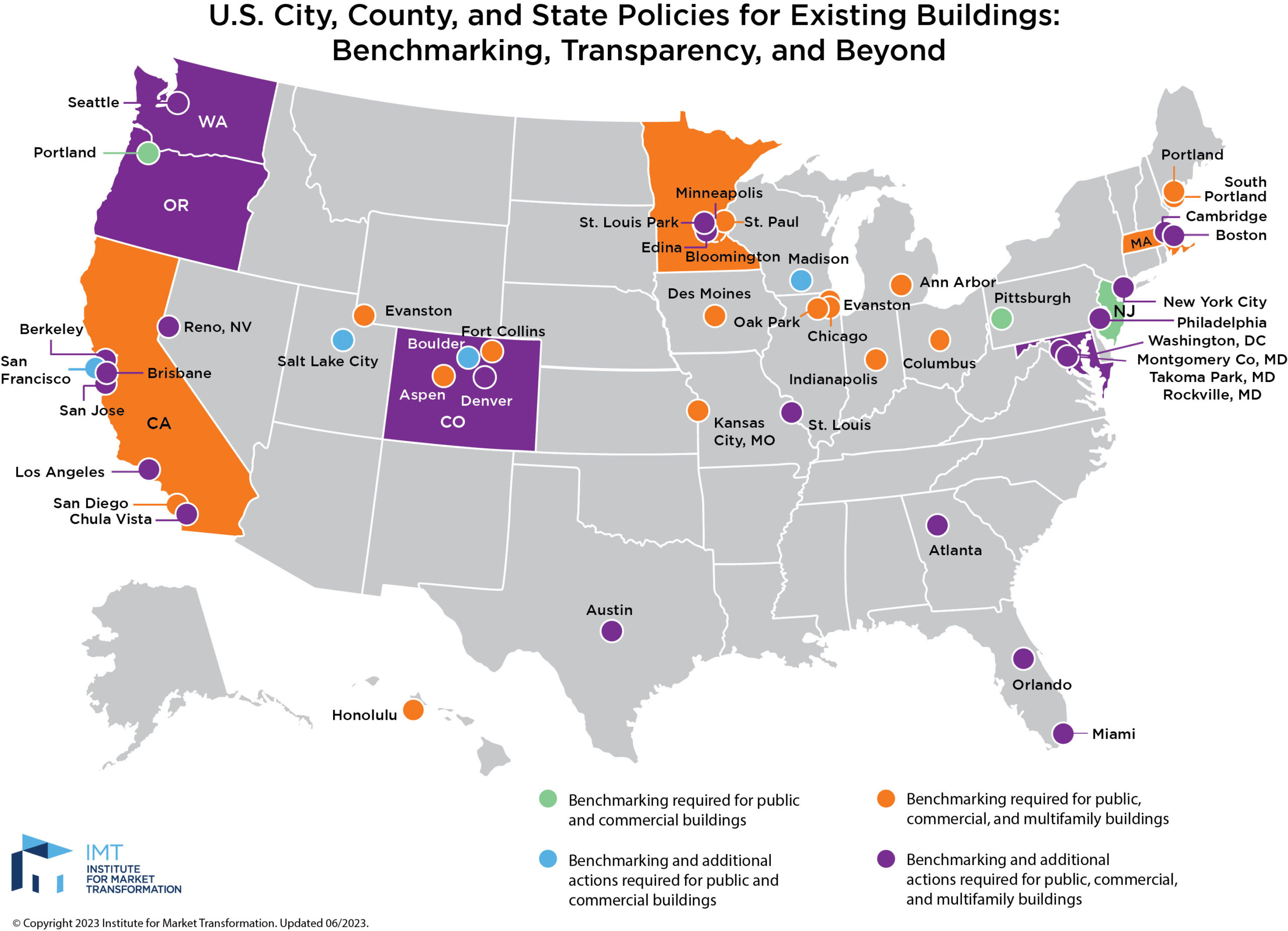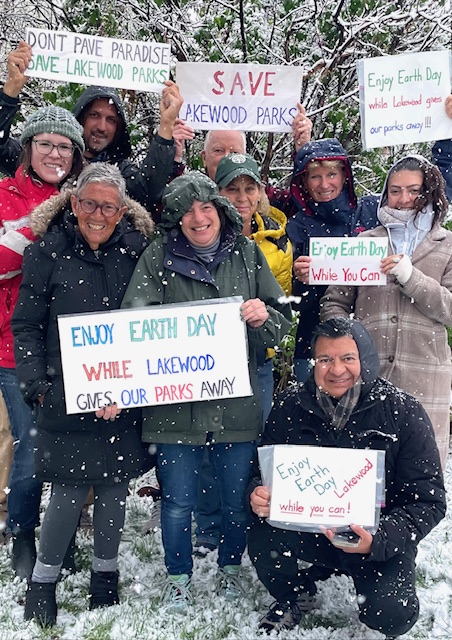The April 22 Lakewood City Council meeting had two hours of public comment, most of which were advocates of a ceasefire in Gaza. This seemed to be a scheduled appearance, with some Council Members in possession of prepared statements on the subject and one member, Councilor Olver, wearing a T-shirt in support for Israel. In this case, that sign of support was all he was allowed to demonstrate because his comments were interrupted by a motion to adjourn by Councilor Shahrezaei, who followed the motion with the words “We’re done with you, Councilor Olver.” The early adjournment not only cut off Olver’s comments but deprived three Councilors of their ability to make a ward report. This motion came after Shahrezaei herself made a statement in favor of a ceasefire, so the motion seems intended to stop Olver’s pro-Israeli sentiment. The motion passed by a vote of 6-5.
Councilor Comments:
Shahrezaei: Thanks everyone that came out and shared in public comment. She says “there’s some of us who’ve had the opportunity to connect with leadership in your group quite frequently” and she continues to offer her small sphere of influence to support this cause. She wants to continue this conversation
Mayott-Guerrero: “Thank you all for your energy and sharing your frustration and continuing to care when it is very, very easy to stop caring. And I absolutely feel aligned with you all.” Signals her willingness to talk about bringing a motion to a future meeting on this topic.
Cruz: Thanks the group for bringing stories to shed light on how the tragedy unfolding every day in Gaza is deeply connected to our lives here in Lakewood. “I have been publicly standing as an individual and calling for a bilateral and permanent ceasefire for months… It pains me that with the limited power I have as a member of this body that we have not done more to listen to all of you and send this message more formally, but I do commit to continuing to listen” and says she will do what she can to “pave the path forward towards a free Palestine.”
Stewart: Thanks everyone for coming and says this humanitarian crisis is incredibly dire and “I am up here today, urging our federal government to do absolutely everything in our power to ensure that aid is getting to the people who desperately need it and that we are working towards peace.”
Low: “Hamas is a terrorist organization in a region with a complicated and long history…. The violence the Netanyahu government has unleashed in response has been horrifyingly disproportionate…. We do need a ceasefire and we need it now.” He is not planning on addressing this topic again as a Lakewood City Councilor.
Olver: “Isn’t it great that we can do this? You know where you can come in and speak and I can take the other side and we have a conversation. That’s one of the advantages of living in America.” Olver wears a t-shirt saying “I stand with Israel”. Starts to explain the meaning of “From the river to the sea”. Could not complete his comments.
Council Member Shahrezaei defended her actions when questioned at the Ward 1 meeting. Shahrezaei said that a meeting can be ended at any time. However, interrupting the current speaker to make a motion is not allowed by either Robert’s Rules, Bob’s Rules, or Council policies.
Scorecard: Adjourn the Meeting Rather Than Finish Council Comments
Strom: Aye
Shahrezaei: Aye
Sinks: Aye
Mayott-Guerrero: Aye
Cruz: Nay
Stewart: Aye
Low: Nay
Olver: Nay
Rein: Nay
LaBure: Aye
Nystrom: Nay








